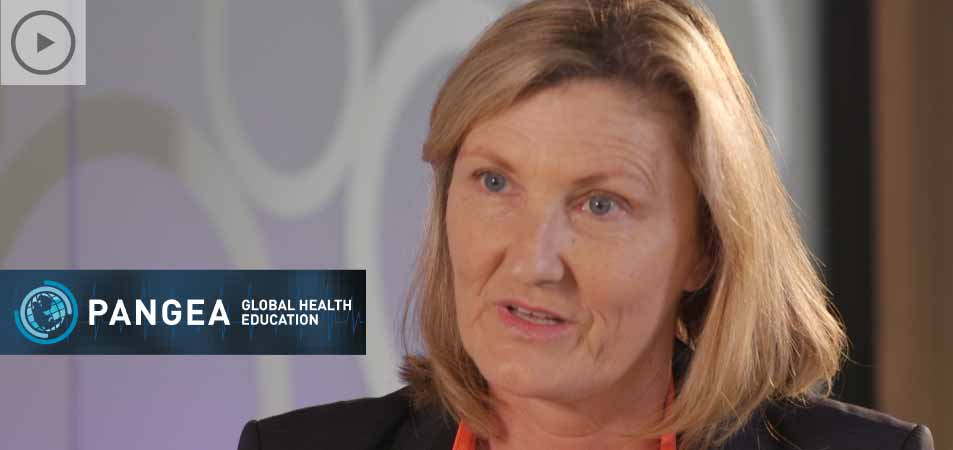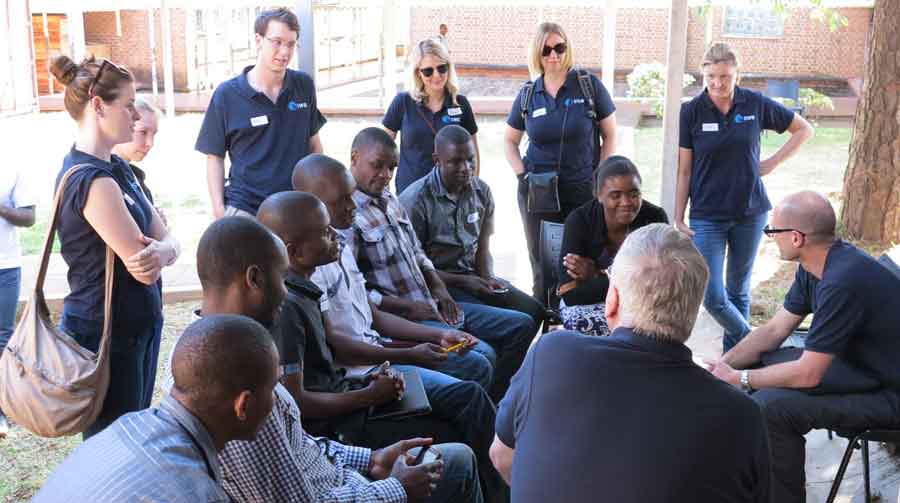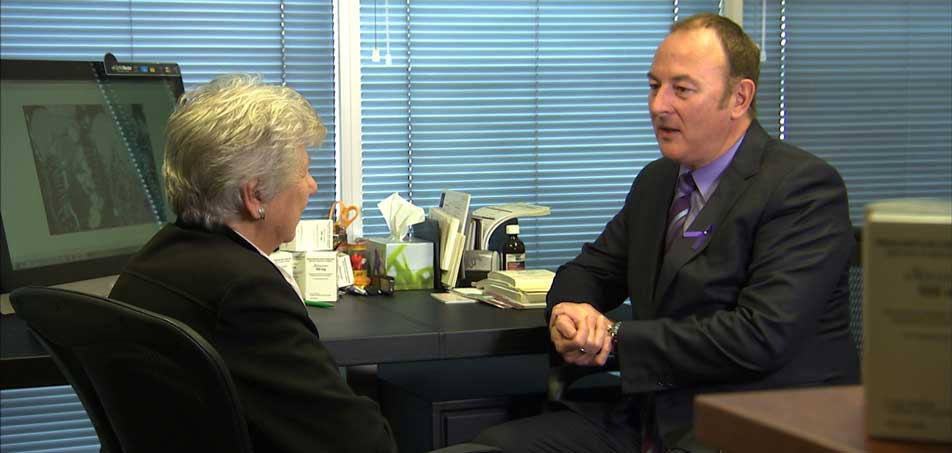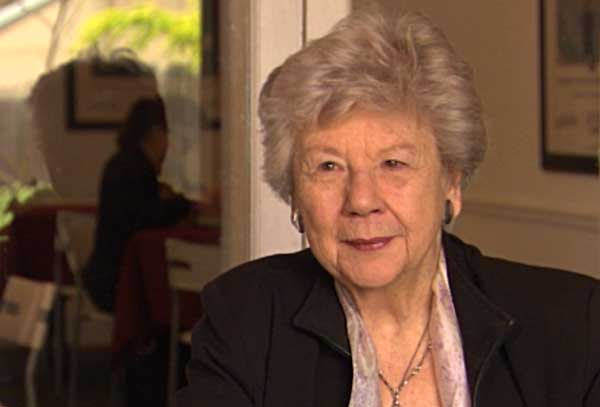ST prides itself on being innovative and entrepreneurial. We set a new pharma industry benchmark in Australia when we decided to stop bonus payments to our in-field representatives based on sales volumes in their territories. We wanted them to focus on their customers, build real relationships and educate, rather than sell. We think it’s worked. Our CEO Carlo Montagner explained his rationale behind the decision in this opinion piece published in a national Australian newspaper.

“I recently bought a red Tesla. It’s a battery operated, engineering marvel that doesn’t require petrol, can be recharged via a rooftop solar panel, is sleek, modern and chivalrous to boot – with doors that open automatically on the owner’s approach.
While I’m an unapologetic and long standing motor car tragic, what really clinched the deal was the way this beautiful piece of machinery was sold to me.
Tesla does have showrooms in Australia, but you can’t actually buy these cars from a showroom.
When you go to a Tesla showroom, expert staff – obvious car enthusiasts like me – demonstrate and provide all manner of information about these cutting edge vehicles.
Our “sales” conversation was educational, informative and involved a pleasant exchange of information that ultimately, led to me purchasing a Tesla product online. At the showroom, I felt no sales pressure but was provided with enough information to make my own decision.
By being informed and well-educated by the representative, in a ‘non-salesy’, low pressure environment, I was free to consider the actual merits of the Tesla without the distraction of the typical car sales process. I knew the various Tesla representatives I had spoken to in the showroom were not receiving sales commissions, so the information provided was passionately, factually and legitimately delivered.
I tell this story because, as the CEO of Australia’s largest independent pharmaceutical company, I have made the decision that from February 1, 2017 our in field company representatives who call on current and potential prescribers of our therapies will no longer be incentivised by the volume of prescriptions written in their territories.
Instead, financial rewards achieved by our people will be based on other performance measures – like the extent of their product and therapeutic knowledge, their level of customer service and engagement, their commitment and dedication to ensuring the patients who would most benefit from our therapies are given the best chance of accessing them.
Why are we doing this? Because if you motivate frontline representatives with a financial carrot, then it is commonsense that those frontline staff are going to prioritise selling products instead of focusing on the specific needs of the patients the product can treat.
Like Tesla, I want doctors to know that when our field force representatives approach them about our therapies, they can engage in a legitimate and genuine exchange of information that is educational and informative.
I want them to feel comfortable in the knowledge that our representative is not being financially rewarded for ‘shifting more units’.
Conversely, I want our people to be truly engaged and to make customer and patient care paramount. I want them to engage and educate without the pressure of sealing a deal.
I want them to strive to achieve – but not sales targets. Success can be measured in other ways that are still tangible.
This approach does fly in the face of how most pharmaceutical companies in Australia and around the world typically operate.
But I am convinced this is the most transparent approach. Our customers – predominantly oncologists and haematologists – can see through a sales pitch. Most consumers can, in whichever industry you work.
This is not about taking an ‘airy fairy’ approach to sales. Quite the contrary. As an entrepreneur with a strong commercial bent, I care passionately about the business I founded, the pharmaceutical industry and the bottom line. Without profitability, there is no pharmaceutical industry, which is able to underpin breakthrough and life saving therapies and technologies.
I staunchly believe this approach will translate to desirable commercial outcomes, because success begins with a great product that fulfils a marketplace need.
Sales are achieved when customers are educated about a product’s merits and benefits. If you have the right product, then the outcome is assured.
When there is an inherent confidence in a product, there is no need to reiterate and ram home tired sales messages.
Our products are medicines that fulfil unmet medical needs. They are not ‘me-too’ products, but are carefully selected for in-licensing to our regions (Australia, New Zealand and South East Asia) because they are innovative and different. Like the battery operated Tesla car, they are not mainstream, but niche-market. The right people will prescribe them if they have the right information and there is a genuine medical need in the community.
Interestingly, my sales tactic sentiments are being echoed in other industries.
In recent weeks, consumer groups have called on the banking industry to come clean on how staff bonuses really work.
These groups warned that some consumers felt bullied into buying bank products by over-zealous sales people who were chasing their own bonuses, instead of providing real, transparent and legitimate information that might actually improve a customer’s financial prospects instead of their own.
The customer should always come first and in the pharmaceutical industry, I would say it is even more important.
Our customers are doctors and ultimately, the patients they care for. Their health is their most prized possession. Our sales should only be made when it’s right for them, based on the best information available, imparted by an expert, educated field force.
When the basics are in place, the rest will follow. Just ask Tesla.”
*This opinion piece was published in the Herald Sun on February 10, 2017





